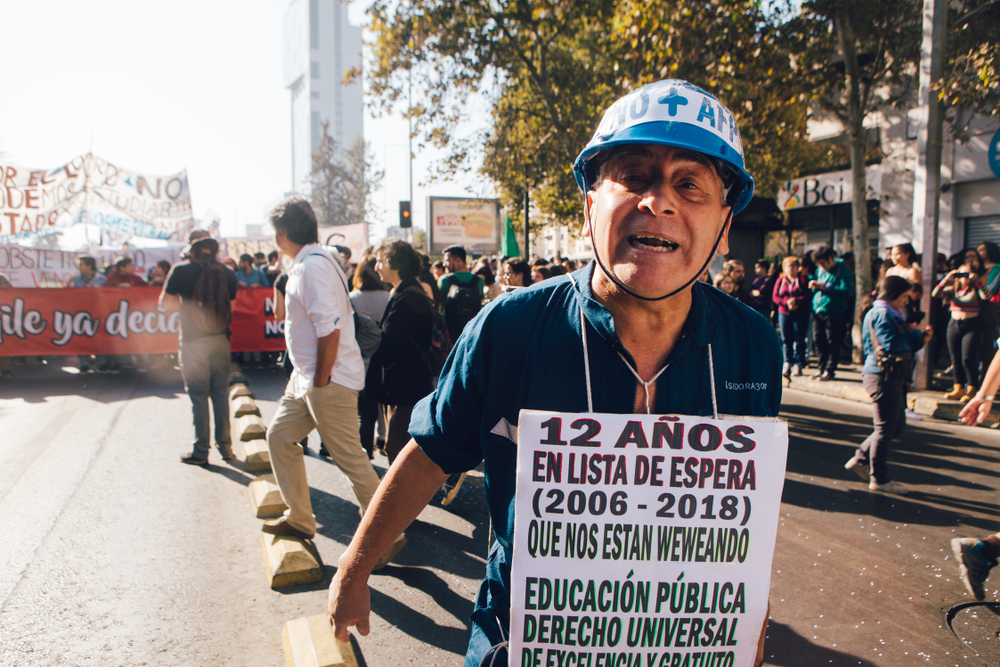An allegory of Latin America, Gabriel García Marquez’s definitive novel “One Hundred Years of Solitude” discusses the inevitable and inescapable repetition of history in the fictitious village of Macondo. Such an irregular and dramatic loop can also be seen in real life Latin America, particularly in its economic history. As authors Rudiger Dornbusch and Sebastian Edwards once pointed out, there is a striking sense of circularity when it comes to the use — by both the left and right — of populist macroeconomic principles for distributive purposes.
We could be witnessing the start of another such cycle, as countries scramble to find solutions to the coronavirus crisis.
Already marred by debt and with few options to raise funds, governments in Latin America are faced with an unappealing dilemma: should they sacrifice the future of their economy for short-term salvation — or endure a massive, generational crisis in order to avoid the possibility of immediate collapse?
In Argentina, President Alberto Fernández is pushing a highly popular agenda to implement a wealth tax — the bill has been passed by the center-left lower house and now moves to the Senate. The idea is to implement a single tax on citizens with a net worth above ARS 200 million (USD 2.35 million) — rates would vary between 3.5 and 5.25 percent for assets in Argentina...


 Search
Search






































